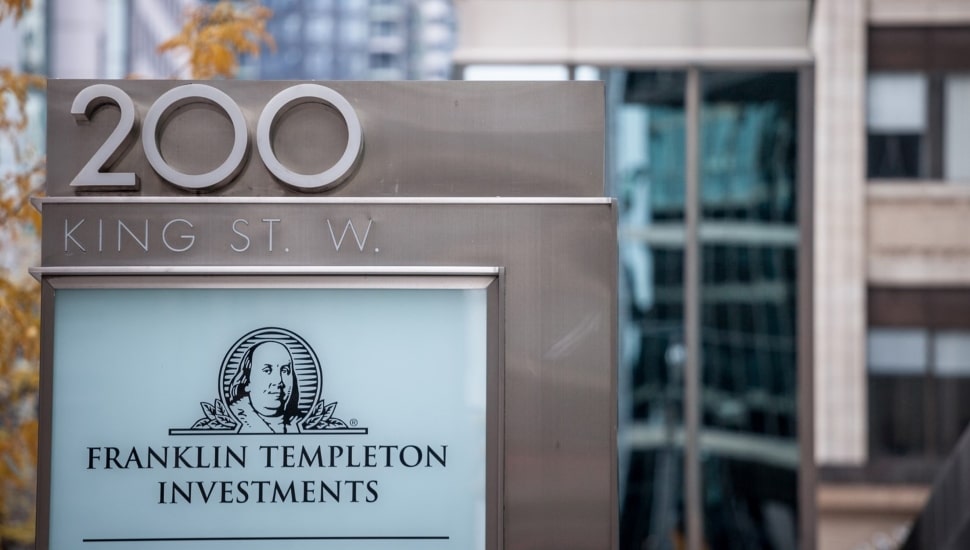Giant Funds Are Taking over Wall Street

Giant funds are taking over the financial system, with top firms now controlling amounts that rival the economies of many large countries, writes Matt Wirz for The Wall Street Journal.
Asset managers are entering new business areas and blurring the lines of who does what on Wall Street. In the process, they are nudging the previously dominant banks toward the sidelines.
Do you trust the markets to take care of your future? In today’s economic environment, having options besides public stock, bonds, and mutual funds may reduce the risk in most portfolios.
Learn more about accredited investing and alternative assets.
Traditional and alternative asset managers today control twice as many assets as U.S. banks, which in turn provides them with growing control over the purse strings of the nation’s economy.
Giant investment companies, such as Blackstone, Franklin Templeton, and BlackRock, are at the same time becoming more complex and more alike. According to some investors, this creates risks unlike any that markets have encountered before.
Still, fund-manager executives insist that despite its scope, this expansion is still in its early innings. That is good news for them, as fast growth is bringing them enormous wealth. In fact, private equity has created more billionaires in recent years than any other industry.
Huge fund-management companies are growing rapidly by providing new types of products to grab market share. The largest among them are evolving into financial supermarkets, primarily for institutions and the wealthy, but also for middle-class investors in more recent years. Banks consolidated in a similar way in the decade ahead of the financial crisis.
Private-equity and private-debt funds primarily manage money for institutions but have also increased the sale of products to individual investors. Meanwhile, mutual-fund behemoths are growing even bigger by building or buying private-fund operations.
Additionally, asset managers are taking on the role of lenders for U.S. companies and consumers and blending with the insurance industry.
“We’re moving into a gray area as asset-management businesses move into different silos of financial services,” said Tyler Cloherty, a managing director at Deloitte who advises fund managers.
Fred Hubler, the CEO and Chief Wealth Strategist at Creative Capital Wealth Management Group in Chester Springs, believes bigger is not always better.
“Some of the best investments we’ve seen have been smaller in nature,” he said. “Real estate development deals sized $25 million to $100 million are not uncommon. Vanguard probably just made $100 million while you read the previous sentence. We look for investments that have legal, ethical, and moral unfair advantages, and the large companies are becoming their own market. Think about it — if you own billions of shares of a stock and want to reduce exposure, if you sell the shares at once, you will affect the share price negatively, so these large companies take weeks to unwind (or wind up) their allocations. This is not very efficient and gets worse, the bigger the fund. We are very comfortable with our continued reduction in the public-equity market, and we plan to stay out of the way of these super-large portfolios.”
Read more about giant investment companies gaining more control over the nation’s economy in The Wall Street Journal.
Want to know if you’re on the right path financially? Creative Capital Wealth Management Group’s Second Opinion Service (SOS) is a no-obligation review with one of CCWMG’s Wealth Strategists.
Schedule an SOS Meeting with Fred Hubler and his team.
Join Our Community
Never miss a Delaware County story!
"*" indicates required fields












![95000-1023_ACJ_BannerAd[1]](https://delco.today/wp-content/uploads/sites/3/2023/03/95000-1023_ACJ_BannerAd1.jpg)


















